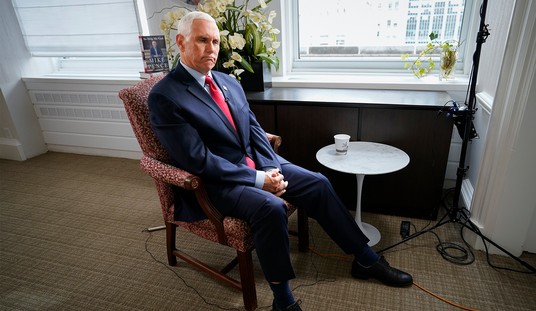The ancient Greek philosopher Sextus Empiricus taught his students that skepticism relieved two terrible diseases that afflicted mankind: anxiety and dogmatism. But it’s hard for most of us to live with systematic uncertainty. Only great spirits, those blessed with courage and good humor, can fully embrace it. Yet it is central to human creativity, and its value is only recognized at moments when the old consensus is falling to pieces, and the world’s direction is unknowable.
Most “knowledge” nowadays is contained in virtual boxes, sorted by specialties: economics, sociology, literature, statistics, anthropology, psychology. They are all formalized in university departments, and they aren’t flourishing. Au contraire, they are imploding. Look at all the economic theories that burned in the bonfires of the global crash starting in the fall of 2008. Look at the seemingly endless revisions to atomic theory, which apparently needs anti-matter to account for the behavior of matter. Psychological models are discarded with regularity, and now, all of a sudden, we’re told that salt is good for us!
So it’s not surprising to find a revival of skepticism. My Italian friend, Giuliano da Empoli, has written a wonderful little book called Against the Specialists; the Revenge of Humanism. It nicely lays out the case against stultifying certainty and praises humanistic skepticism. He argues elegantly that the recognition that we’re going to be wrong much or even most of the time, combined with an unrestrained search for understanding and possible solutions to our many woes, stimulates creativity.
It’s entirely appropriate for such thoughts to come from a citizen of Florence, since Renaissance humanism was part of an epic revolt against (Aristotelian) certainty. The great souls of the Renaissance famously ranged across diverse areas of knowledge. Leonardo and Machiavelli, for example, worked together on military/engineering schemes to divert the flow of the Arno River around Pisa, to besiege the city.
Giuliano, and several other keen-eyed thinkers, see signs of a possible humanistic renaissance today. There are plenty of examples of such creative intellects. One of my favorites is Albert Hirschman — polyglot, wandering Jew, economist, warrior, historian, philosopher and punster — who died last year, aged 97. An encomium to him described Hirschman as a “developmental economist,” which is like calling Leonardo a dyslexic cartographer. His skeptical credentials are totally in order. He formed a club called the 4W Club: for Where We Went Wrong. And then there’s Daniel Kahneman, the only person to win a Nobel Prize in Economics…who never attended a lecture on the subject. He delights in the realization that error abounds, and he’s written a delightful book to explain how error is built in to the human mind. “After a crisis we tell ourselves we understand why it happened and maintain the illusion that the world is understandable. In fact, we should accept the world is incomprehensible much of the time.”
Look at the world today, and think how unpredictable so much of it has been. Even a few months ago, nobody was predicting the events in Egypt. Three years ago, nobody could imagine what has happened in Syria. And during the battle there, the deep thinkers have swung back and forth on “who’s going to win?” The truth is that we don’t know, and we cannot know, since a lot of what happens is the result of chance, or irrational passions, or unexpected natural events. Have you read The Black Swan? Its subtitle is “the impact of the highly improbable.”
This is intended to be a therapeutic blog post. Embrace skepticism, don’t be so sure. Most of the time we’re going to get it wrong, and we should expect that. Avoid the pundits, they don’t have a very good track record, and they’re generally reluctant to recognize error, let alone rethink the mental traps into which they fell en route to their latest blunder.
Remember there’s a reason why the Wall Street Journal editors throw darts at the stock page. The stocks they hit generally do as well as, or better than, those selected by the highest-paid financial advisers.
The world of tomorrow is being shaped by human decisions, not by vast impersonal forces, and those humans don’t know what they are going to decide. How can we? If you’re making policy, it’s best to reason from first principles, both moral and technical, and to watch for the first sign that you’ve got it wrong. When you spot it, change the policy as fast as you can, and keep it up until you find something that seems to work.
Every now and then you’ll have an easy call, like fighting evils like fascism or communism. Even there, you may have noticed, policy makers have often had a very tough time getting it right and fighting evil.
Then console yourself with thoughts like Churchill’s on America: Americans invariably do the right thing, after exhausting the other alternatives.









Join the conversation as a VIP Member